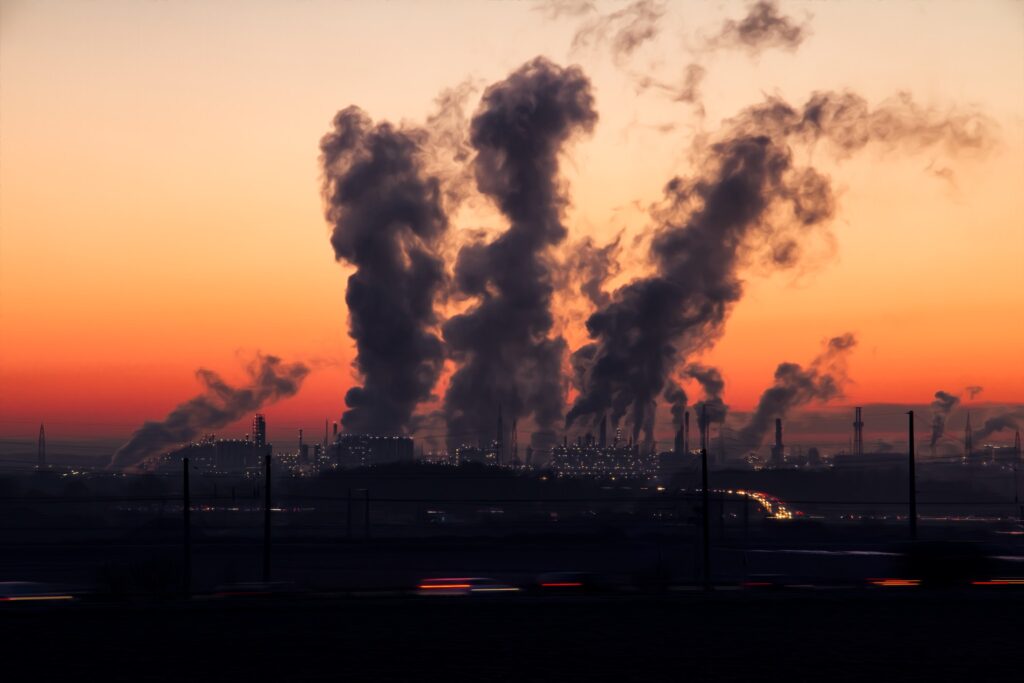Natural Gas to Hydrogen
The SYPOX Reactor:
For e-SMR at any scale.
Get to know the only technology on the planet able to electrify existing industrial hydrogen production and save 1% of global CO2 emissions.
The Price of Hydrogen
Steam-methane reforming is one of the world‘s most polluting processes. In order to reach the required 900°C operating temperature, furnaces burn 200 billion Nm3 of natural gas per year, producing around 1% of global CO2 emissions. The demand for cheap low carbon hydrogen will triple until 2030 and increase 10-fold until 2050. An immediate solution is required to ensure the cost-effective production of hydrogen without burdening the climate.


SMR without Combustion
SYPOX Reactors are the most powerful e-SMR hardware on the market. A single SY-6 unit produces 10 tons of hydrogen per day at 95% energy efficiency. By integrating the required number of modules, we enable plant operators to abolish combustion and cut total emissions by 40% immediately, without modifications up- or downstream. Our technology enables the chemical industry globally to make a rapid, crucial transition, and satisfy the rising demand for hydrogen.
Products
SY-6
A single 6 MW SYPOX Reactor equipped with SMR catalyst. For the fully electrified production of 10 tonnes of H2/day.
x SY-6
Combination of x 6 MW SYPOX Reactors equipped with SMR catalyst. For the fully electrified production of up to 200 tonnes of H2/day.

Key Advantages
SYPOX e-SMR vs Traditional SMR
Zero emissions, 95% energy efficiency up to 1200 °C
Sustainable Operation
- No CO2 emissions from heating
- No waste of natural gas for combustion
- 40% less CO2 emissions for the overall steam reforming process
- No NOx emissions
Low CAPEX
- Modular design, modules can be combined at will
- Fast, fully-automized assembly and construction from readily available industry-standard components
- Designed for standard industrial catalysts
- Compact: 100 times smaller than combustion equipment
- Up to 25 MW/m3 energy density
- No need for heat recuperation installations in the reactor section
- Easy plant integration, no modifications required upstream or downstream
Low OPEX
- Optimal performance with proven industry catalysts
- 95% energy efficiency
- No coke formation even at low S/C
- Higher operational stability
- Higher operational flexibility, fast start-up and shut-down times
- Lower material stress
- Higher process safety
